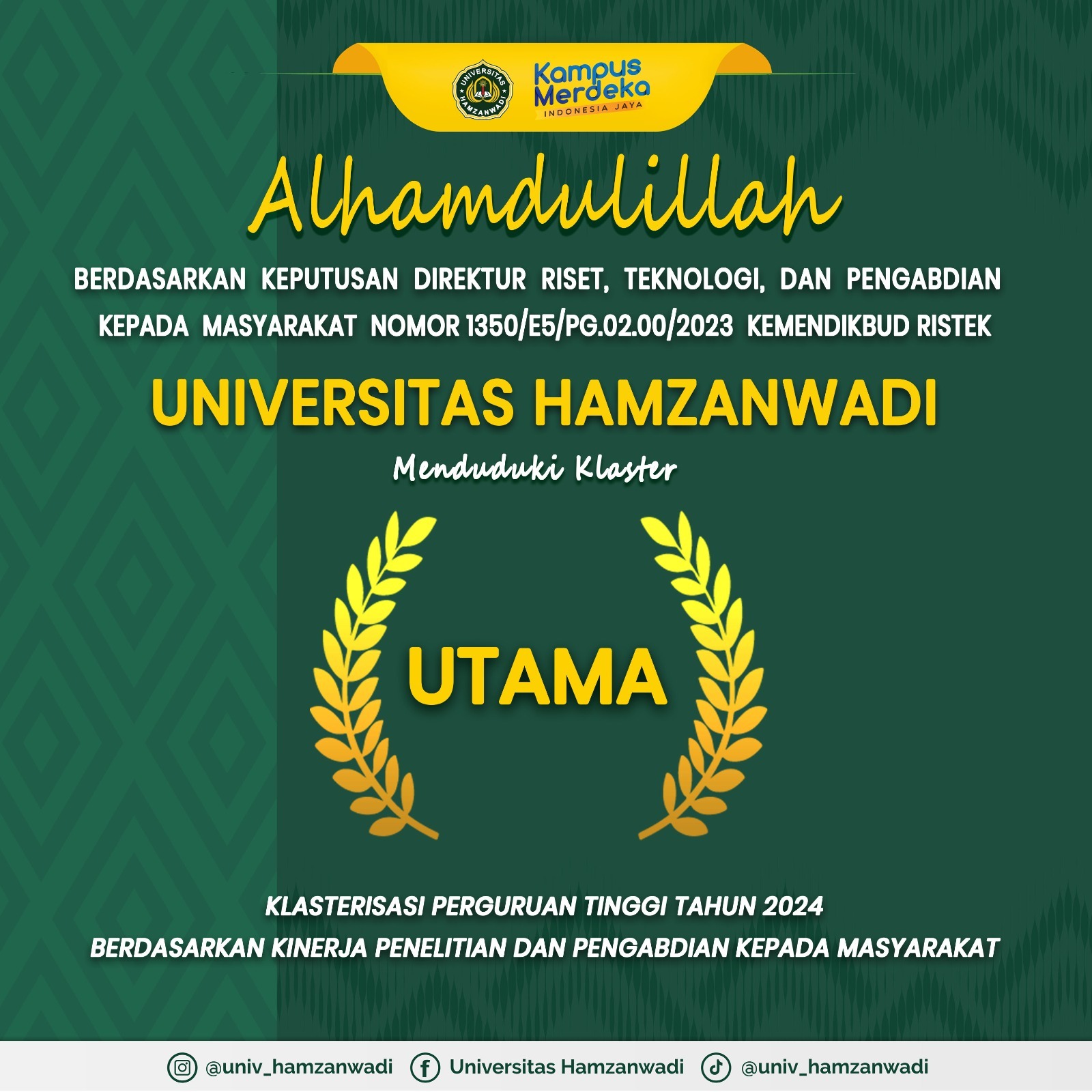
Hamzanwadi University Cooperates with NTB Language Office
The development of cooperation with various institutions is increasingly being carried out by Hamzanwadi University, East Lombok, NTB Province.
This time, the Dean of the Faculty of Languages, Arts and Humanities (FBSH) of Hamzanwadi University collaborated with the NTB Provincial Language Office to strengthen the existence of the language.
The signing of the cooperation between the two institutions took place at the NTB Provincial Language Office in Mataram, Monday (04/07/2022).
This effort is a step to advance the campus so that it is able to compete with other universities amidst increasingly up-to-date advances in information technology.
The Dean of FBSH, Hamzanwadi University, H Mohzana, said that this cooperation program is in accordance with the demands of the tridharma of higher education.
The program includes the implementation of the independent learning-independent campus (MBKM) program which is currently being launched by the central government.
"We will compile the MBKM curriculum for the Study Program referring to the Faculty's MBKM guidelines involving lecturers, teachers, and others," he said.
There is also research and community service on Indonesian, regional languages, foreign languages, arts and tourism. The main thing is for mutual progress.
"No less important, we will adjust the NTB Language Office program with the faculty program so that this collaboration benefits both parties," he explained.
Implementation of the Indonesian Language Proficiency Test (UKBI), seminars, workshops, or guided group discussions (DKT) by looking at teachers and students of study programs and related parties.
Meanwhile, the Director of University Cooperation Hamzanwadi Muhammad Halqi said that currently all the collaborations that have been built, in addition to advancing the campus, are also to support NTB Gemilang.
"Through the current MBKM program, the campus can develop various programs that can be synergized with the government, because the campus, as we know, produces academic people," he said.
He hopes that through this collaboration with the NTB Language Office, it can provide great benefits. Especially the development and preservation of the Indonesian language and blood.
"The large number of foreign languages entering has made us worried about the loss of our own languages, especially regional languages which are part of the identity and uniqueness of the nation that other nations do not have," he concluded.
